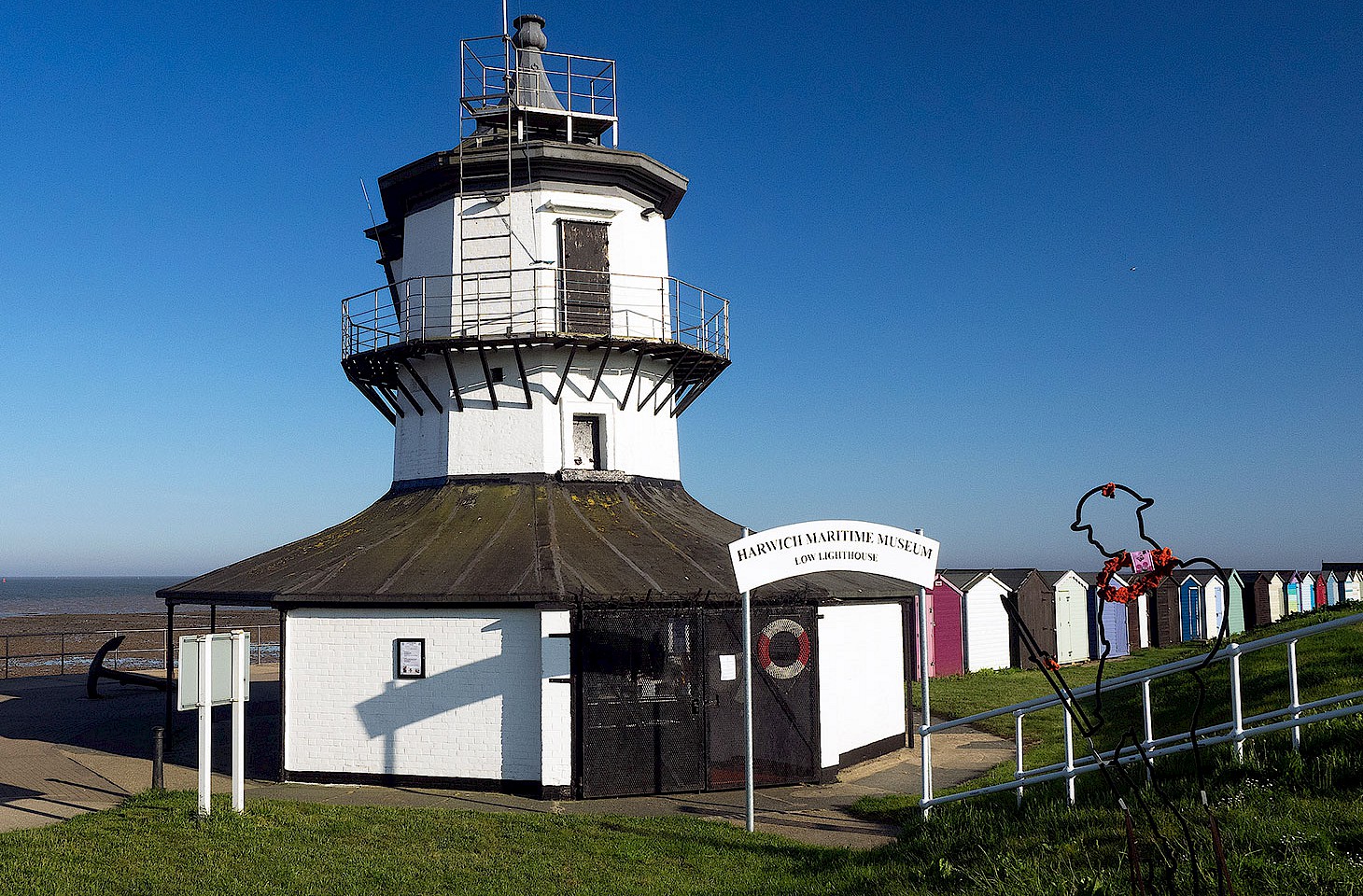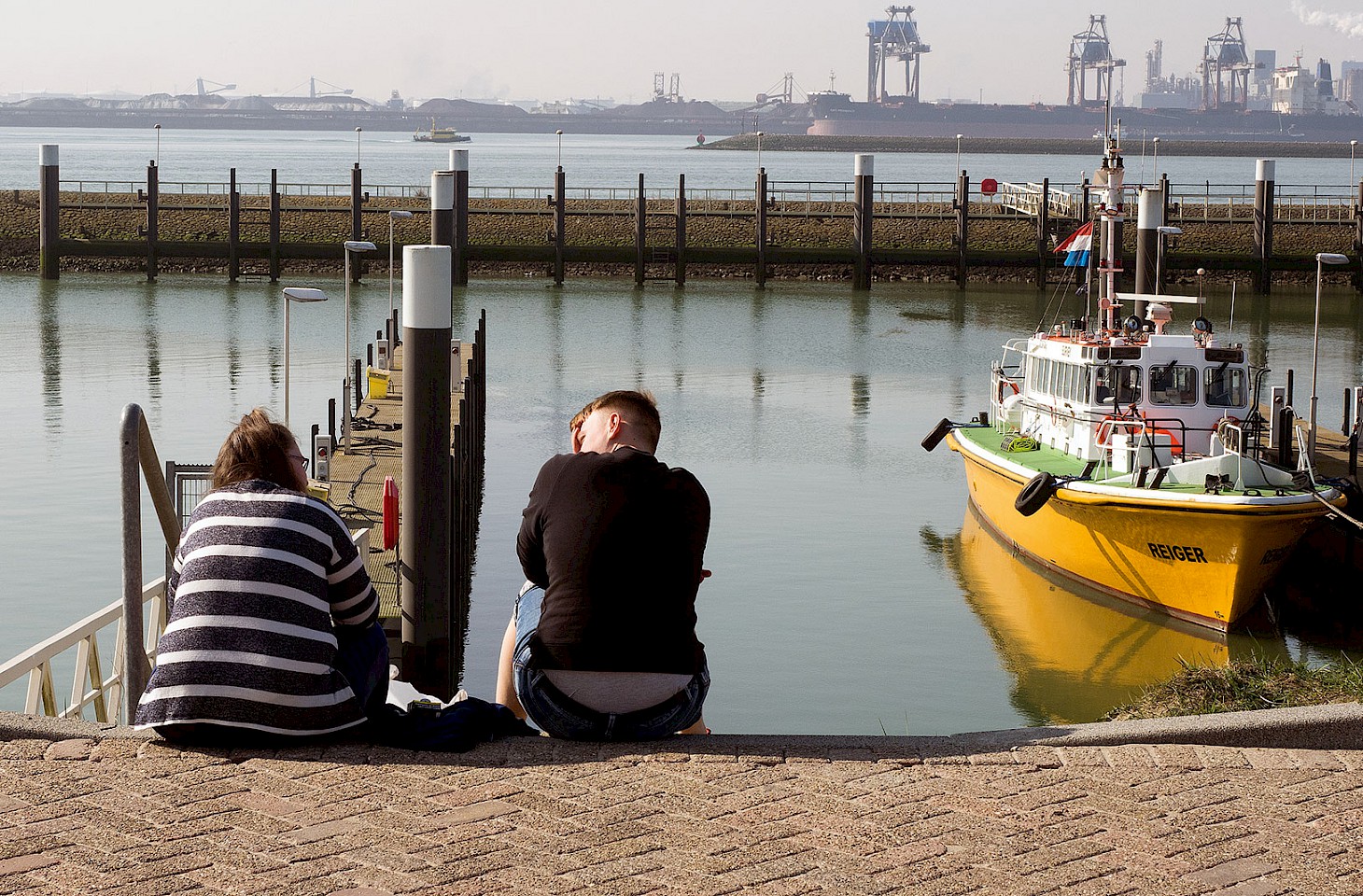It is now ten years since we wrote about the fate of the Lusatian village of Haidemühl about 100 km south-east of Berlin (for the original story see hidden europe 10, page 36ff). In 2006, all bar a few of Haidemühl’s inhabitants relocated to a new settlement about 12 kilometres distant from their old village. The Swedish energy company Vattenfall funded the controversial relocation, as the company planned to exploit brown coal reserves in and around the village.
At the time we reported from Haidemühl, a few diehard inhabitants were still living in the village, refusing every inducement from Vattenfall to move to new homes in the new village (which is called Neu-Haidemühl).
There is a curious twist to this tale: ten years on, the old village of Haidemühl is still there, its remaining housing stock slipping slowly into dereliction.



